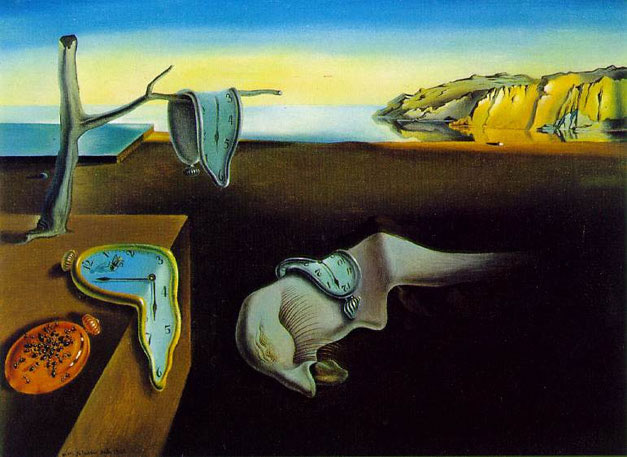 On Friday I attended the Seattle chapter’s monthly ED Happy Hour. A bunch of EDs showed up and for four hours we all drank and laughed and stuffed our faces with sushi and discussed “Star Wars: The Force Awakens” and its parallels to nonprofit work. It was awesome, as usual, to get to hang out with my brilliant colleagues. At 9pm, as the group disbanded, we found out an ED was planning to head back to her office for a couple more hours of work. “What’s wrong with you?!” we hissed, pelting her with edamame shells, “Go home to your family!”
On Friday I attended the Seattle chapter’s monthly ED Happy Hour. A bunch of EDs showed up and for four hours we all drank and laughed and stuffed our faces with sushi and discussed “Star Wars: The Force Awakens” and its parallels to nonprofit work. It was awesome, as usual, to get to hang out with my brilliant colleagues. At 9pm, as the group disbanded, we found out an ED was planning to head back to her office for a couple more hours of work. “What’s wrong with you?!” we hissed, pelting her with edamame shells, “Go home to your family!”
The majority of us in this sector, probably 90%, work ridiculous hours at very stressful jobs, and we really do need to take better care of ourselves, and our organizations as well as society need to do more to create supportive conditions—fair wages, adequate benefits, sufficient family leave and vacation time, a culture of learning and camaraderie, a working printer, two-ply toilet paper, etc.—so it’s not just our individual responsibility to ward off burnout.
There are plenty of thoughtful articles on these topics, such as this one by Beth Kanter called “How Can Nonprofits Switch from Scarcity to Abundance Mindsets When It Comes to Self-Care?” and this one by Mary Cahalane called “Your work or a life: A painful choice no one should have to make,” and this one by B. Loewe calling for “An End to Self-Care” (in favor of a more holistic “community care.”) I’ve also touched on this topic a few times, such as “7 self-care tips for nonprofit professionals” and “The courage for mediocrity: Why we nonprofit professionals need to give ourselves a break.”
This post today, though, is to bring some balance. In some ways, maybe because we talk so much about it, that self-care has become somewhat of a punchline to various jokes: “Hey, are you attending that breakfast gala of one of our partner organizations?” “Nope! Self-care!” “Hey, I heard you were asked to lead the diversity and inclusion committee?” “I declined. Self-care!” “Did you drink my bottle of Mike’s hard lemonade that I was saving for lunch?!” “Yup! Self-care!”Continue reading →





